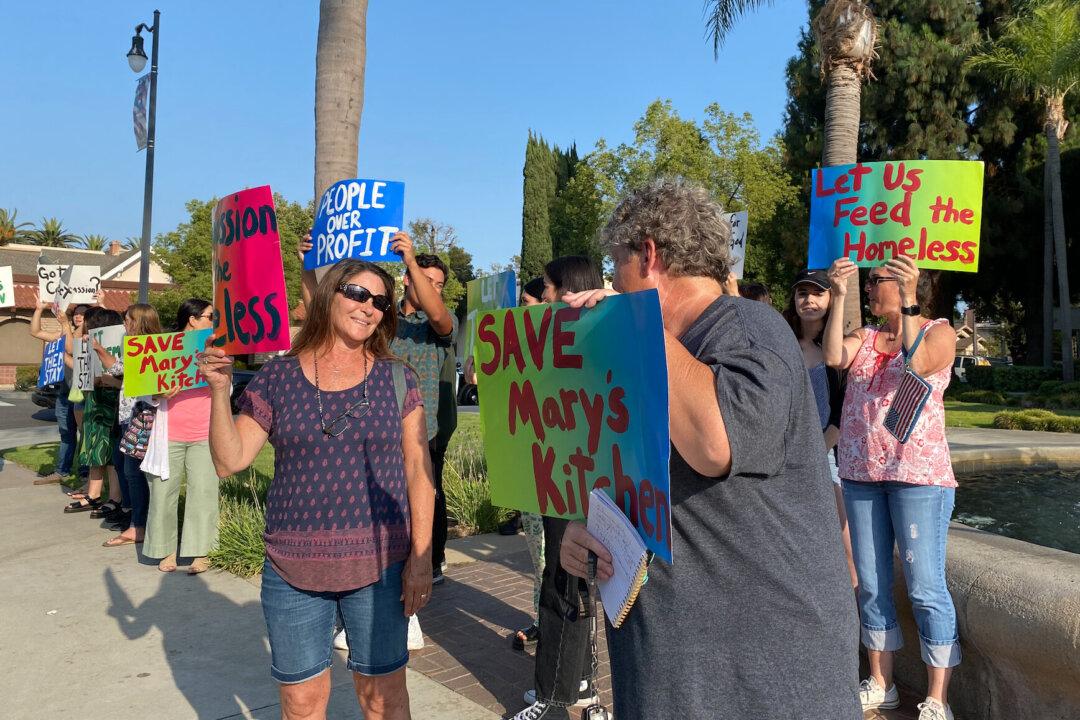A proposed amendment to California’s constitution would permit using race and gender as factors for college admissions, government hiring, and government contracting.
Proponents say it will allow for hiring and admissions that support disadvantaged groups, while critics suggest it may result in discrimination, and urge other methods to support the disadvantaged.





